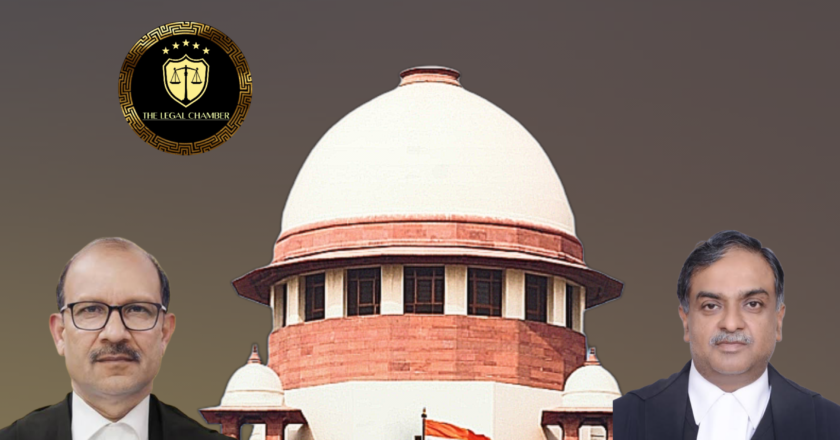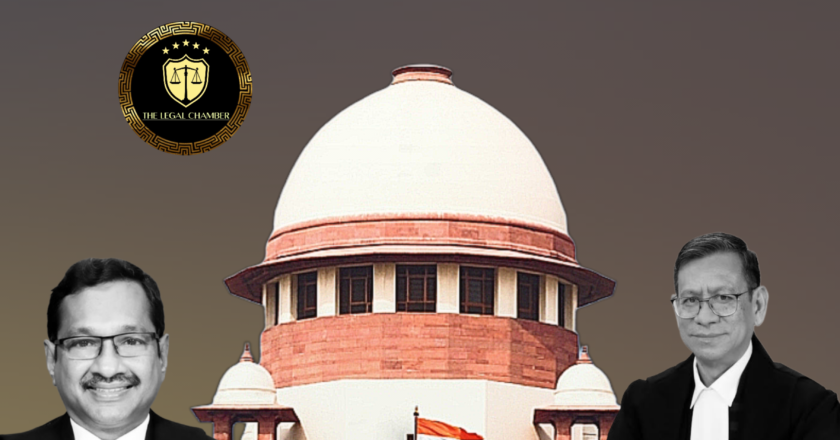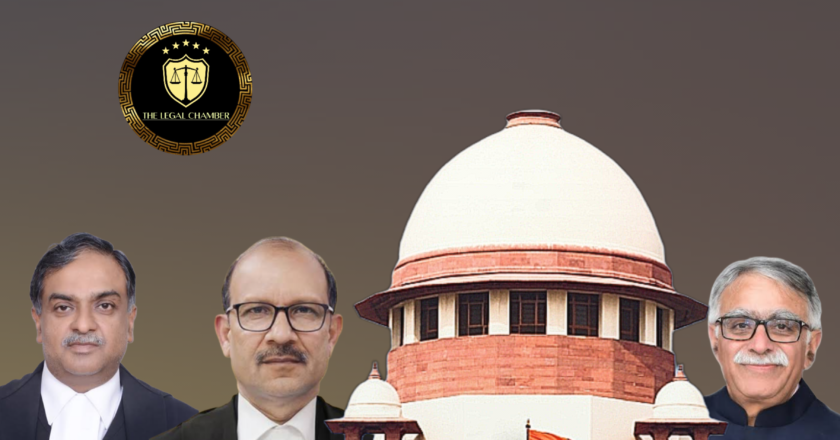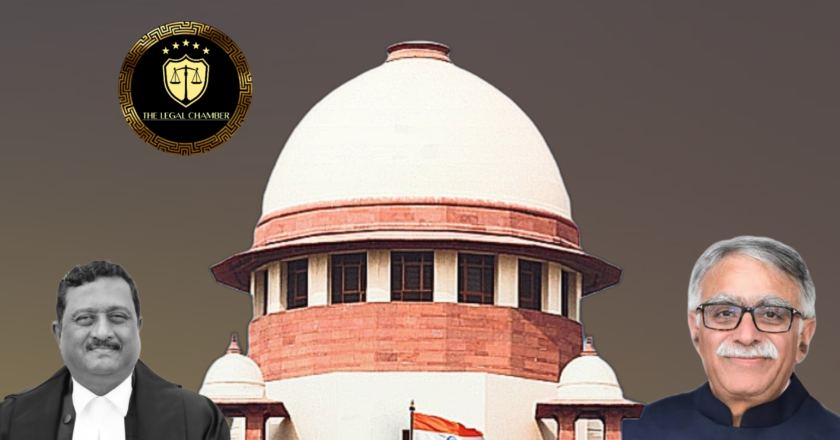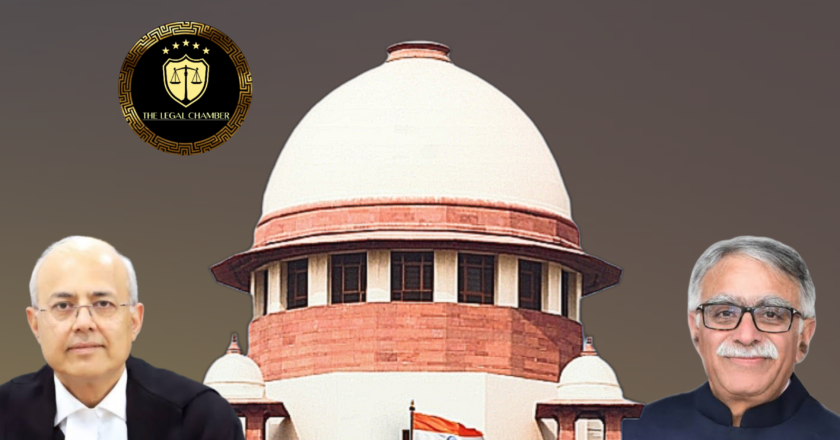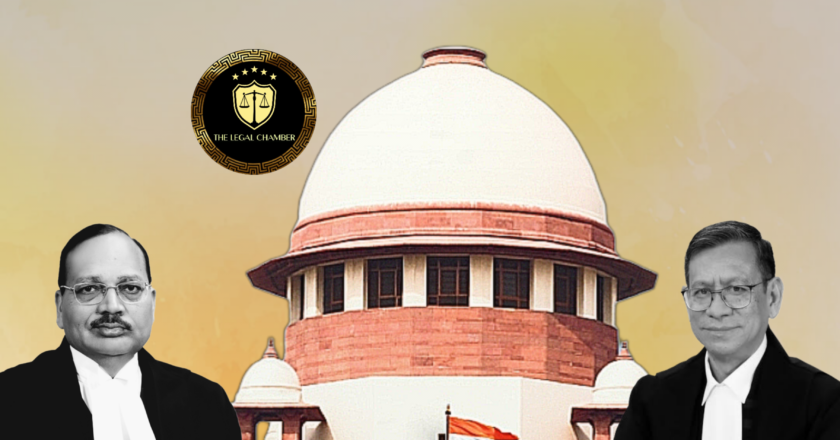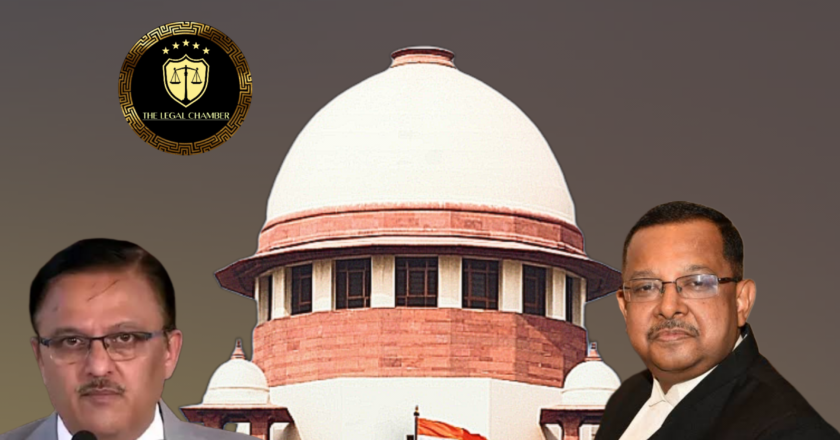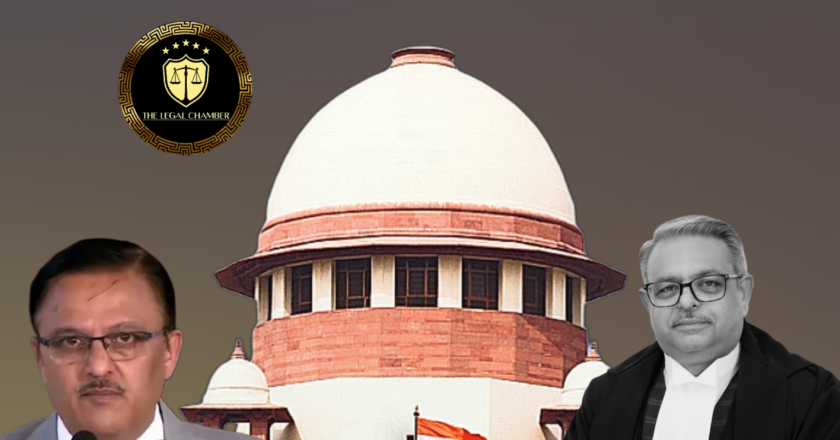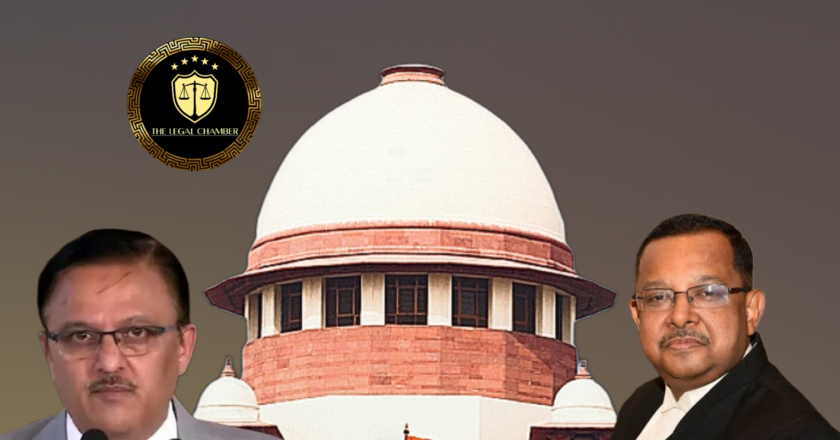Supreme Court Exposes Cover-Up, Mandates CBI Investigation for Custodial Violence
The Supreme Court held that the High Court erred in not mandating the registration of anCfor custodial torture, as per Lalita Kumari v. State of U.P., which mandates immediate FIR registration for cognizable offences. The Court directed a CBI investigation to ensure impartiality, citing institutional bias and conflict of interest. It quashed the counter FIR under Section 309 IPC as mala fide and awarded ₹50 lakhs compensation for the egregious violation of Article 21. The judgment reaffirmed the constitutional duty to protect citizens from state excesses and uphold human dignity.
Facts Of The Case:
The appellant, Khursheed Ahmad Chohan, a police constable in Jammu & Kashmir, was summoned for an inquiry related to a narcotics case on February 17, 2023. He reported to the Joint Interro...
